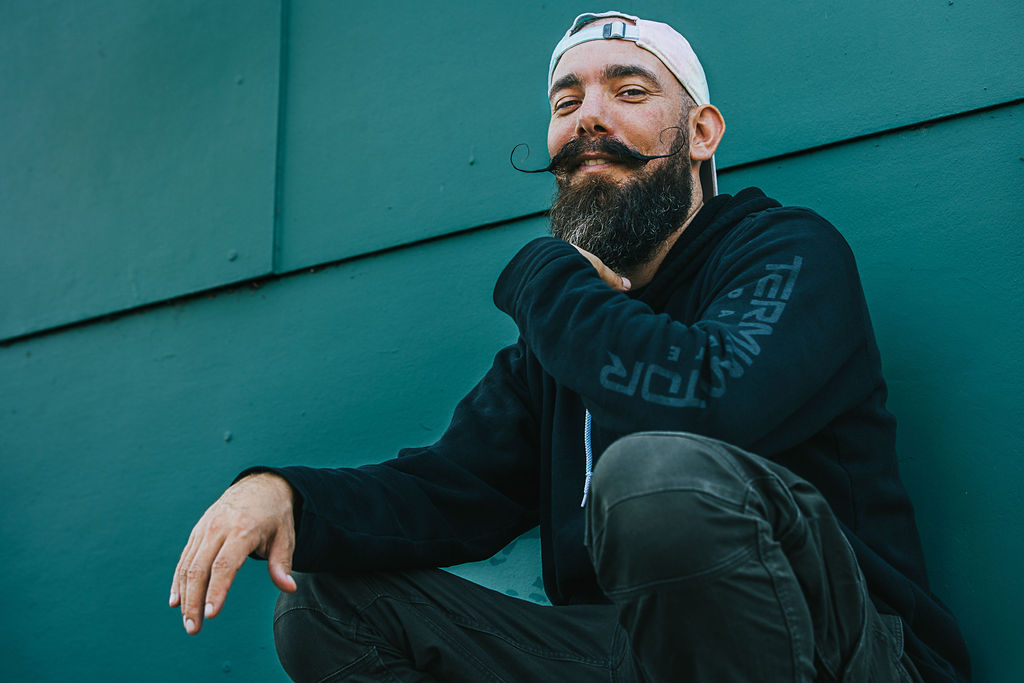
Eric Sharp is an artist who wants to transfer serene waves of music to your ears through somatic house music. He has been able to infuse his personal beliefs in spiritualism, sobriety, health, and veganism to create a unique sound of tranquility in his music. He has worked with artist such as Melanie Martinez, Major Lazer’s Jillionaire, and Jars Of Clay though his career and has even performed at festivals such as at festivals like Coachella, SXSW, and Outside Lands. He is one artist to keep your ears open for as he takes you through a tranquil journey through music.
He sat down with SPIN to talk about his healthy lifestyle, collaboration with Zhao, favorite era of music, and much more. Stream The Gift (feat. Zhao) here and dance the night away with his SET below.
Check out Eric Sharps’s electrifying SET below! Want more SETS? Head over to SPIN TV to keep up with all the latest and greatest DJ/producers breaking through the electronic sphere.
Who is Eric Sharp and what do you stand for?
Eric Sharp is a spirit trapped in a meat suit flying around the sun on a giant space rock. He is a musician, a healer, a student, a teacher, a dj, a recovering alcoholic, a Jew, a dancer, a fitness and wellness enthusiast, an herbivore, a writer, a poet, and a dreamer among other things. I stand for compassion, kindness, love, freedom, authenticity, integrity, art, and trying to leave the world a little bit better than how I found it.
Tell us about your sound – where does your style originate from and what have been your biggest visual, social, and sonic influences?
I predominantly write melodic house music with a dance floor punch at this point. I got here through a lot of experimentation. At first I was just making DJ bangers so that I could play them in my sets. Then, I decided to leave behind that creative constraint, instead focusing on growing my composition and songwriting skills. I finally feel as though I am now marrying these pursuits in a meaningful way, making music that is harmonically interesting while still being a blast to dance to.
My visual esthetic is heavily inspired by modern surrealist painters, such as Dali, Magritte, and Ernst. Socially, I’m influenced on a small scale by close friends and family. On a broader scale, some of my biggest social influences have been the underground party scene in the ’90s, the freak show that was San Francisco in the space between dot com booms, and the current creative community in Los Angeles. Sonically I’m excited by artists that create tension and release through composition, rather than the standard tropes that permeate dance music. Some great examples of this are Kölsch, Kidnap, Eelke Kleijn, Rufus Du Sol, and Camelphat.
Was there a definitive turning point to your success? When did you realize the magnitude of your impact within the industry/community?
I wouldn’t say that there was a definitive turning point. The way that I measure success is if my music touches people and makes them feel less alone in the world. It always warms my heart when people say that my music makes them feel understood.
It’s hard to discern my exact impact within the industry and the dance music community. That said, I grew up dirt poor and struggled with alcoholism and addiction. I would like to be an example that someone can overcome obstacles and thrive in this field while being sober and healthy.
If you could open a show for any artist who would it be and why?
I think I would choose Rufus because they have turned a massive number of people on to more nuanced dance music. They are a big inspiration of mine and I think that their fan base would appreciate my sound.
What era of music inspires you the most?
I grew up listening to 90’s house and techno. That’s what inspired me to get into the scene. Some of those tracks still hit like a truck!
How do you channel your sober and healthy lifestyle into your music style?
Gonna have to go with the woo woo approach on this…
I believe that everything is connected. Musicians bring an energy to the studio and the stage that manifests in sound. As I grow through my physical, emotional, and spiritual pursuits, the energy that I personally bring to a project grows with me. Writing and performing with a clear mind and a healthy body affects the energy that is crystallized in a track, which is then shared with the world to resonate with others.
How did your latest collaboration with Zhao come about and what was it like working together?
This was different from how we have typically worked in the past. Usually we get in a room and write together. We have great chemistry for that, and play off each other really well in writing both musical parts and lyrics. It is always a pleasure writing with Zhao! For The Gift, this was not possible because we couldn’t gather. Instead, he sent me a poem over some chords which I resonated with on a deep level. I just ran with the idea from there, bringing the track to life.
In what ways have you pushed yourself beyond existing self-imposed limitations?
I grew up as the poor kid in my neighborhood, and never thought that I would amount to anything. Although these limitations were initially imposed on me by society, I took them on and believed myself to be less than others. Today I am constantly pushing myself past a myriad of limiting beliefs, confronting ideas that I am not talented enough, not connected enough, not resourced enough, and too old to achieve my dreams. I focus on improving in the areas that I can control, and set goals based on actionable items that I am capable of executing.
What’s next for Eric Sharp?
I’m releasing my Emergence EP in April, and have been busy making more music for release beyond that. I aim to continue growing my footprint as a producer and a performer, increasing the positive impact that I can have on the world around me.
What do you wish for the future of electronic music? In what ways would you like to see it evolve?
To be frank, I really wish that we could stop relying on sampled hooks. I’d like to see artists rewarded for putting in the effort that it takes to write something original, rather than piggybacking onto someone else’s creativity.
I think that currently there is a good mix of accessible, entry level dance music and more refined sounds that can be appreciated by listeners whose tastes have evolved beyond a sugar rush. I’d love for the electronic music scene in America to mature in the way that it has in Europe, where dance music is a common experience that most people have shared in, and fans have an open mind to new sounds.
Any last words for the SPIN-verse?
Thanks so much for taking the time to read this interview, and for checking out my Spin Set! If you dig what I’m doing, please join the journey on my socials and anywhere that you listen to music. I hope to cross paths soon!
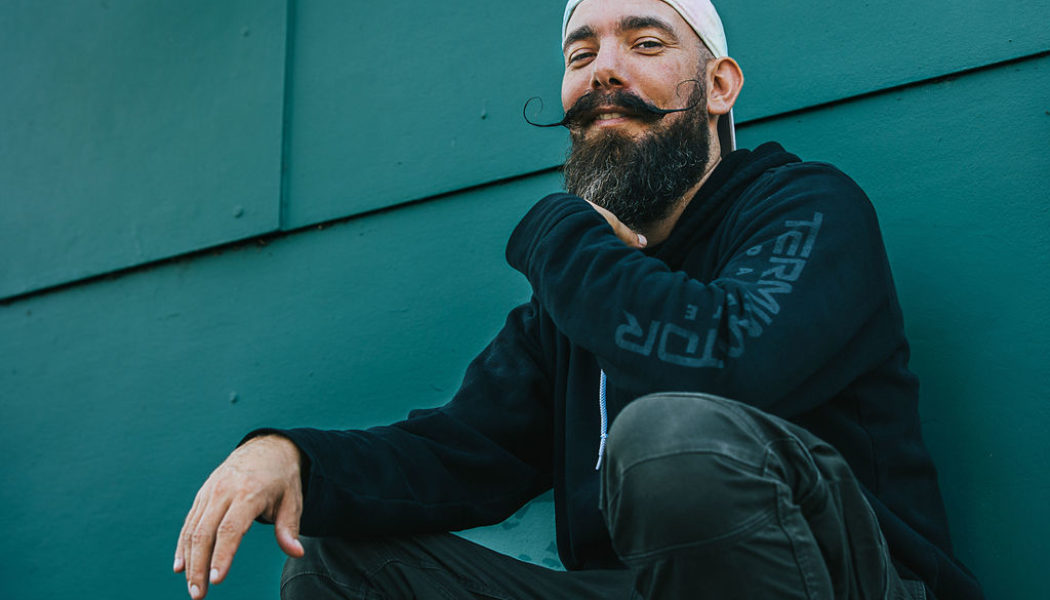

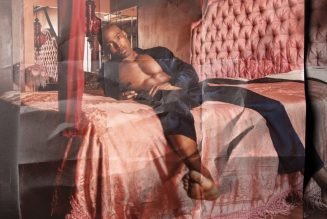

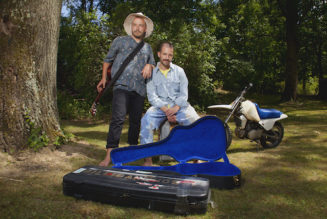
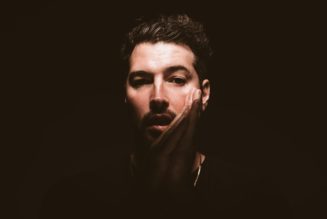
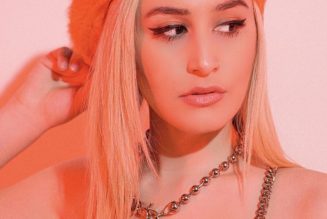
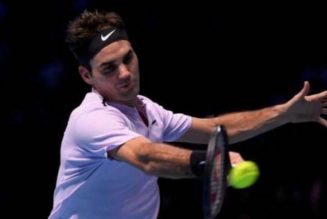
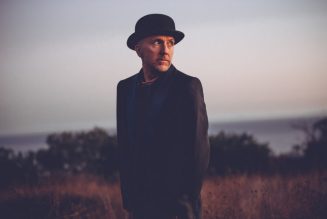

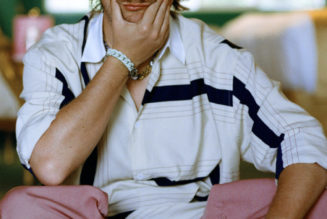
Tagged: Sets